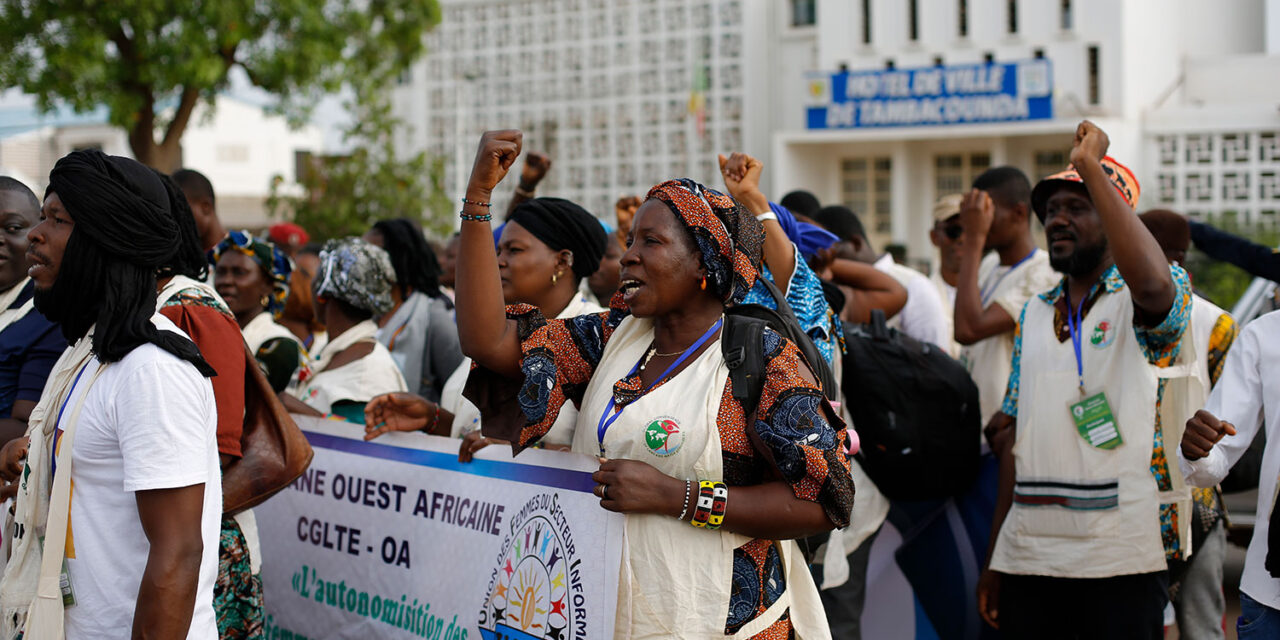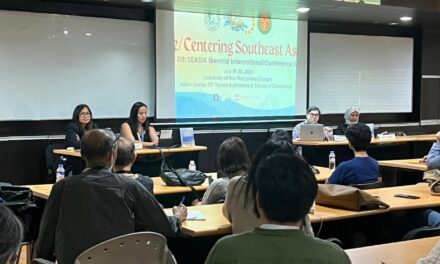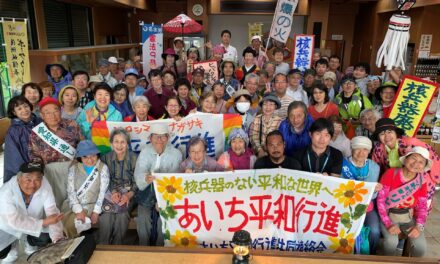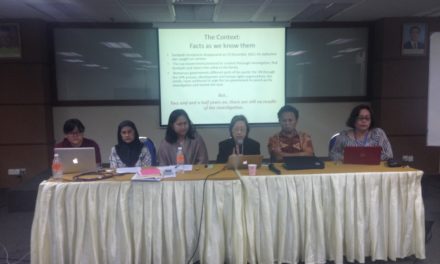On the opening day of the World Bank’s 2024 Land Conference, organizations of small-scale food producers, Indigenous Peoples, workers, grassroots communities, and civil society denounce the World Bank as a major actor of land grabbing and ecosystem destruction. They call for effective measures to realize the right to land and territories, including agrarian reform.
From May 13 to 17, 2024, the World Bank is organizing a land conference in Washington DC, with the theme “Securing Land Tenure and Access for Climate Action”. The conference is being presented as part of solutions to the damage generated by land grabbing, climate change and ecosystem destruction.
However, over 80 organizations from around the world accuse the World Bank of facilitating land grabbing and the financialization of nature. In a new statement ahead of the conference, they demand that the World Bank stays out of people’s land. Not only does the World Bank invest directly in land projects, but it also has a long history of promoting a market-based approach to natural resource management and encouraging privatization.
More recently, the World Bank has become a strong promoter of carbon markets and other market-based climate change mitigation measures. These measures aim to use people’s territories as carbon sinks for major polluters, while allowing the release of new greenhouse gas emissions and the destruction of ecosystems.
Communities and people around the world are paying the price for this and are subjected to dispossession, loss of livelihoods and violence. In their statement they call on governments to fully meet their obligations under the international human rights framework by adopting effective measures to tackle the structural drivers of land grabbing and concentration. These include protecting the land rights of people and communities and implementing redistributive land reform policies. More specifically, they call for support for the organization of a second International Conference on Agrarian Reform and Rural Development in 2026 (ICARRD+20), as recently announced by the Colombian government with the support of Brazil.
Read the Statement in English Lire la déclaration en Français Lea la declaración en Español






![[IN PHOTOS] In Defense of Human Rights and Dignity Movement (iDEFEND) Mobilization on the fourth State of the Nation Address (SONA) of Ferdinand Marcos, Jr.](https://focusweb.org/wp-content/uploads/2025/07/1-150x150.jpg)



